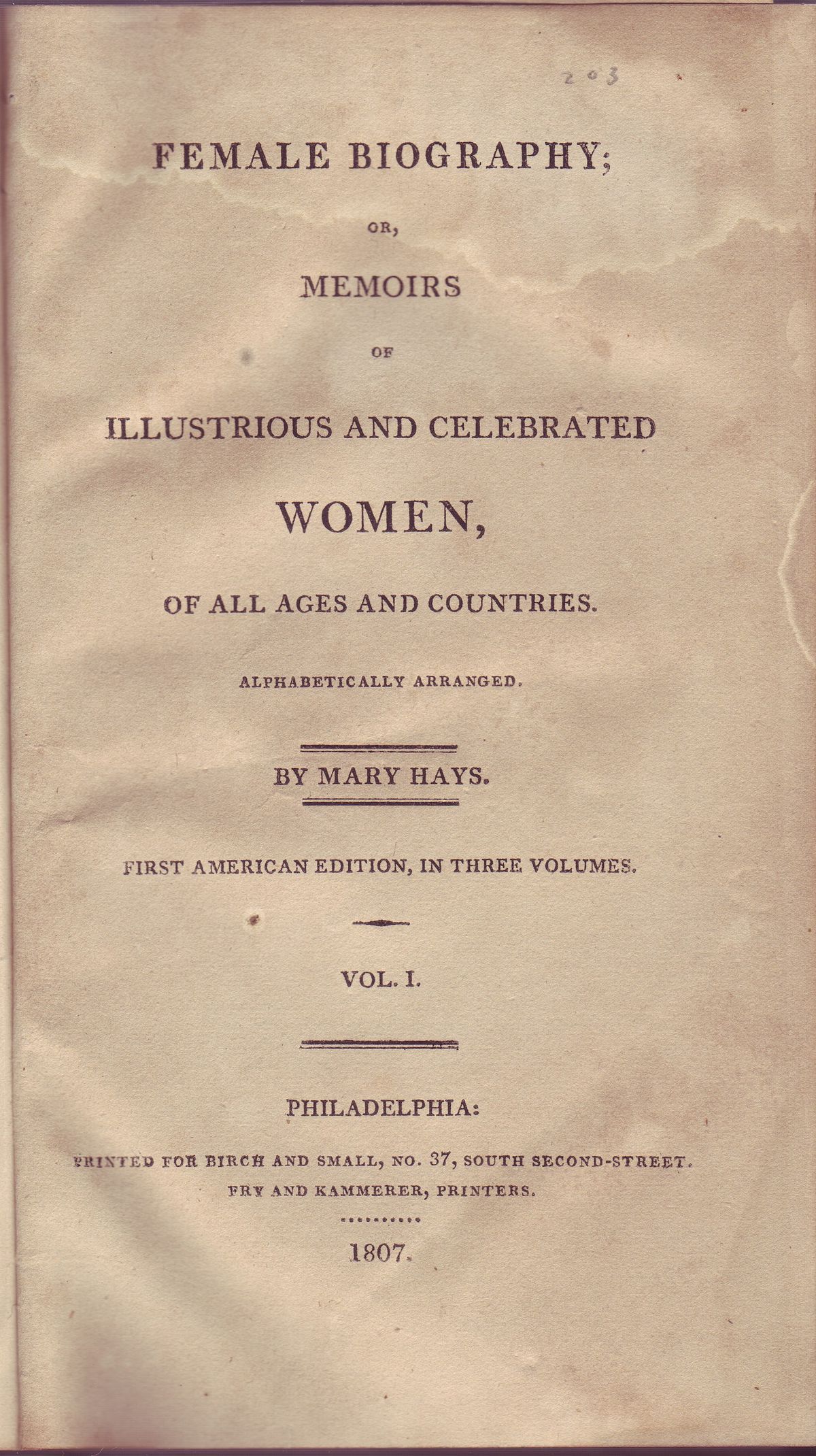Posts from November 2019

Wednesday 27th November, 5.00-7.00 pm
Room 152-153 (Cayley Room), University of Westminster, 309 Regent Street, London W1B 2HW
Processing Memory: Plantation Pasts and Petrochemical Futures on America’s Gulf Coast
Lucy Bond (IMCC, Westminster) and Jessica Rapson (King’s College London)
Historically America’s premier region for the production of sugar and cotton, the Gulf of Mexico is now dominated by the oil industry. Many of the African-American communities in this region are descendants of workers who were enslaved on plantations and exploited as sharecroppers during the Jim Crow era. Today, structural racism continues to dominate life and, frequently, determine premature death in this area, as petrochemical manufacturers displace communities, pollute air and water, and destroy the wetlands that protect the coastline from hurricanes and flooding. Drawing on our recent fieldwork and interviews with environmental activists, heritage entrepreneurs and legal practitioners, this paper interrogates the historical imaginaries that have framed Louisiana’s transition from plantation to petrochemical economy. The paper explores the oil industry’s impact on heritage and tourist narratives in a cross-section of Louisiana, which stretches from Morgan City to Garyville, highlighting practices that challenge the petrochemical industry’s toxic and violent domination of the Gulf Coast.
All welcome, but guests from outside Westminster should RSVP Frankie Hines: frankie.hines@my.westminster.ac.uk OR Baptiste Danel: baptiste.danel@my.westminster.ac.uk

Thursday 14 October 2019, 5.30 – 7.00 pm
Room UG05, University of Westminster, 309 Regent Street, London W1B 2HW
The State and the Exception: Existence, Fiction, and Reality
Ninon Grangé (University Paris 8 Vincennes-Saint-Denis/LLCP)
The recent evolution of the state of emergency in France and the confusion between war on terrorism and social repression have required that we define the state of exception anew. The structure of the so-called “as if” (“as if we were at war”) seems to have pervaded our representations and our laws. Thus, the traditional challenges faced by the state (État), i.e. its preservation and the risk to collapse, have to be made more complex. The reality of the state should not be mistaken with its existence: it relies on a dialectical relation between power and powerlessness, on the one hand, and on belief and imagination, on the other hand. Through the study of contemporary French politics, the issue of political fictionalism will therefore be tackled.
Ninon Grangé teaches political philosophy at the University Paris 8 Vincennes-Saint-Denis and at the New College of Political Studies (NCEP). Her research focuses on war, political fictions, political identity, and political temporalities. Her publications include Emergency and Terror: The State of Exception, War, and Political Temporalities [French title: L’urgence et l’effroi. L’état d’exception, la guerre et les temps politiques, 2018], Forgetting Civil War? Stasis: Chronicle of a Disappearance [Oublier la guerre civile ? Stasis : chronique d’une disparition, 2015]; Carl Schmitt: Nomos, Law, and Conflict in International Relations [Carl Schmitt: nomos, droit et conflit dans les relations internationale, 2013]; and Of Civil War [De la guerre civile, 2009].
Part of the series French Politics: A Neighbour’s ‘History of the Present’, co-organised by the IMCC in collaboration with our friends in the Centre for the Study of Democracy, and with the support of the French Embassy and the Political Studies Association.
Free to attend, but booking via eventbrite is essential.

Wednesday 13th November, 5.00-7.00 pm
Room 152-153 (Cayley Room), University of Westminster, 309 Regent Street, London W1B 2HW
A New ‘Form’ of Feminism: Mary Hays’ Female Biography (1803)
Susan Civale (Canterbury)
The Dissenter and feminist writer, Mary Hays, who is most famous for her scandalous autobiographical fiction The Memoirs of Emma Courtney (1796), has received comparatively less attention for her Female Biography, an epic biographical dictionary that she published in 1803. In her preface to Female Biography, Hays states her aims: ‘My pen has been taken up in the cause, and for the benefit of my own sex. For their improvement, and to their entertainment, my labours have been devoted’. In the six volumes that follow, Hays details the lives of over 300 women from various countries, periods and social backgrounds. She champions women’s achievements and holds up her subjects as complex, flawed women. Recently, critics like Gina Luria Walker, Mary Spongberg and Miriam Wallace have argued for the importance of this text as a contribution to Romantic life writing, historiography and/or feminism. However, one aspect of Female Biography has still received little attention: its form. Though organised alphabetically, the entries seem chaotic, repetitive and uneven. This paper will explore how the encylopaedic form of the book produces several important effects, including alphabetical juxtapositions that reveal previously, intersecting cross-references that ask readers to make connections between entries, and recurring themes that render female experience as circular rather than linear. It will also examine how Hays uses certain entries to speak by proxy. By demonstrating how these formal features operate, the paper will argue that the form of Female Biography links directly to Hays’ feminist project, by cultivating a reinterpretation of women’s roles and representations in history, encouraging active reading practices for her female audience.
Susan Civale is Senior Lecturer at Canterbury Christchurch University. She recently published a monograph titled Romantic Women’s Life Writing: Reputation and Afterlife (Manchester University Press, 2019). This book considers how the publication of women’s ‘private’ lives, through diaries, auto/biographies, letters, and memoirs, influenced their literary afterlives.
All welcome, but guests from outside Westminster should RSVP Frankie Hines: frankie.hines@my.westminster.ac.uk OR Baptiste Danel: baptiste.danel@my.westminster.ac.uk


The Institute for Modern and Contemporary Culture
University of Westminster Department of English, Linguistics and Cultural Studies
32-38 Wells Street, London W1T 3UW. United Kingdom.
